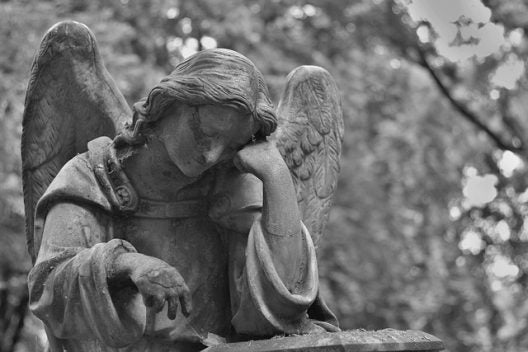Help legal aid to help others
Published 11:15 am Tuesday, August 25, 2015
Imagine yourself, if you can, in the position of Angela (a pseudonym). Angela was recently divorced and still involved in litigation with her ex-husband. She had purchased a home, but shortly thereafter had a stroke which left her with significant impairments. Her mortgage lender was threatening foreclosure. Without resources to hire a private attorney, Angela turned to the Virginia Legal Aid Society (VLAS).
VLAS is a non-profit law firm that has provided legal assistance in civil cases to low-income individuals in 20 counties and six south-central Virginia cities since 1977. Clients are served from four offices, including one in Farmville. In addition to 14 full-time staff lawyers, VLAS coordinates a network of 150 volunteer private attorneys in communities across the area, each of whom agrees to take at least one case a year. The four offices field over 10,000 calls a year.
One of several programs under the VLAS umbrella is HIP, or housing improvement and preservation. This program is focused on preventing unlawful foreclosures, helping clients correct hazardous and substandard conditions and preserving families by enabling them to remain in their homes. During this last year, 740 cases were closed and more than 1,800 people were helped.
Another important aspect of VLAS’ work is the Strengthening Families with Children program, or SFC. This program seeks to make families stronger by helping them find access to health care and education and by preserving their financial resources. Last year nearly 1,500 cases were closed, helping almost 5,000 people. Other VLAS initiatives target senior citizens in need of legal help and assist individuals in crises related to housing, income and domestic violence.
All in all, more than 10,000 people were helped in the past year by VLAS to get justice for themselves and their families.
I asked you to try to put yourself in Angela’s position. Angela’s case was taken by Amy, a VLAS staff attorney. Amy obtained a hardship assistance application for Angela, which she submitted to the lender, which was ignored. Angela continued to get foreclosure notices. Amy persisted and finally the lender agreed to a three-month trial modification period, during which Angela made regular payments, but at the end of this period, Amy learned that the agent who had handled the paperwork had “improperly coded” it, and a new period had to begin.
Even after Angela had successfully completed this second trial period, the lender would not provide final modification documents. It took more than a year and five months for Amy to help Angela to a final solution for her difficulties, enabling her to regain control of her finances and manage the needs created by her stroke.
Would you have been able to navigate the legal system Angela was faced with, due to the intransigence of her lender and the errors on the part of the agent? Unlike myself and many other readers of this newspaper, Angela could not afford an attorney. The assistance provided her by Amy and VLAS resulted in a resolution that allowed her to remain in her home and a productive member of the community.
Here in Farmville, VLAS has operated for years from cramped, rented facilities, but earlier this year was able to purchase a building that will enable them to expand the aid they offer. A capital campaign is currently under way to match a major grant from the Mary Morton Parsons Foundation, which will help to lift the mortgage on the new building. That means that money can be released for services, and with the successful completion of this campaign, VLAS will be able to help even more folks like Angela.
Bill Shear is a retired professor of biology from Hampden-Sydney College, where he taught for 41 years. He is a co-chair of a committee organizing a capital campaign for VLAS. His email address is wshear@hsc.edu.





